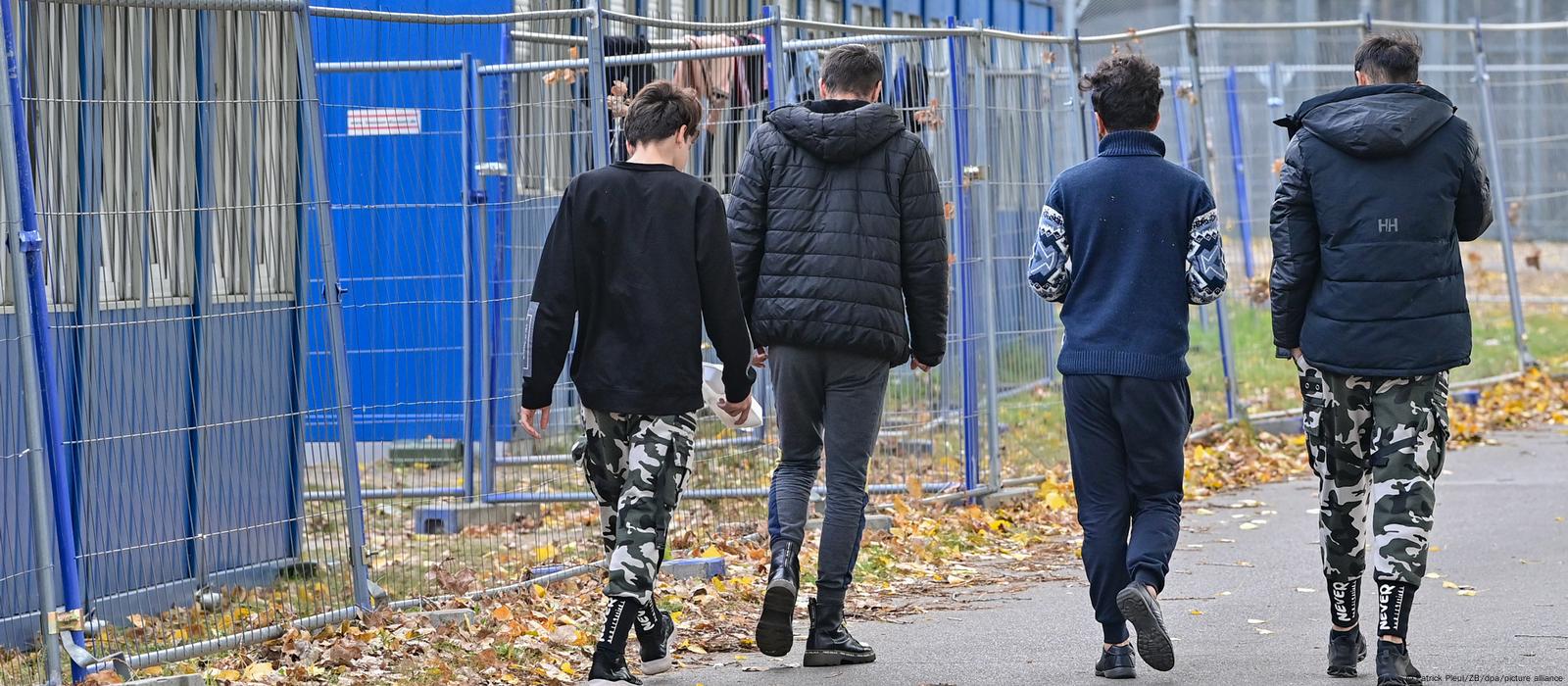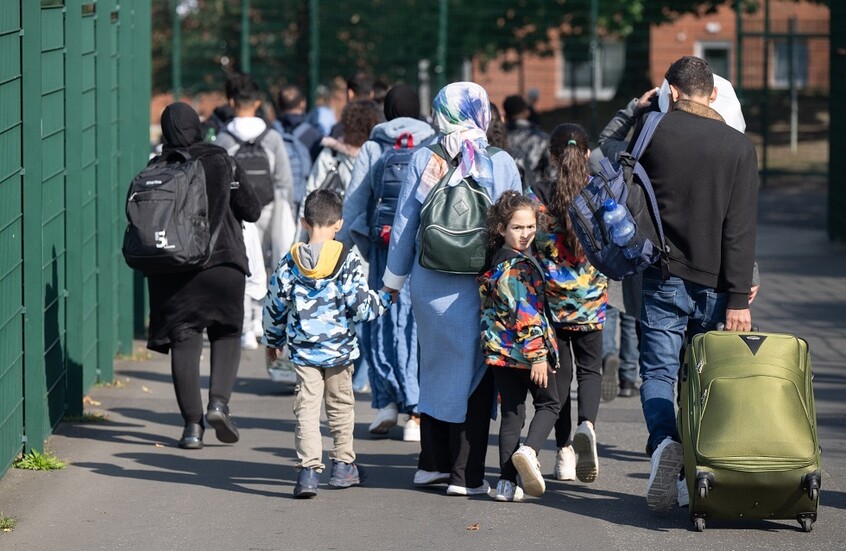Official data from the British Home Office reveals a significant rise in the number of asylum seekers in Britain citing their sexual orientation as grounds for protection. This surge is attributed to many successfully proving that returning to their home countries would subject them to inhumane treatment due to their sexual orientation. In 2022, 762 individuals were granted residency on these grounds, a figure that soared to 2,133 in 2023.
Some are skeptical that claims of homosexuality are a manipulation of the system, suggesting that many asylum seekers may be attempting to exploit the European Convention on Human Rights. This convention grants asylum seekers the right to remain in Europe if they face persecution due to their sexual orientation.
The highest number of asylum seekers came from Pakistan, Bangladesh, and Nigeria. Additionally, asylum seekers from eight countries—Eritrea, El Salvador, Syria, Burma, Libya, Yemen, and St. Vincent and the Grenadines—successfully submitted 100% of their asylum applications. In contrast, Albania had the lowest acceptance rate in Europe, approving only 10% of applications.
According to official figures, since the Labor Party came to power, Britain has received over 16,000 migrants. Last year, 29,437 people arrived in Britain on 602 boats; however, these numbers are still lower than the 45,755 migrants who entered the country via the English Channel in 2022.
The party’s plan to dismantle human smuggling gangs has faced criticism from Home Office officials due to its ineffectiveness in reducing the number of migrant boats arriving via the English Channel. Immigration experts note that these smuggling gangs can quickly adapt to changes while the demand for their services continues to rise.
The recent figures released by the Home Office pose a significant challenge for the Labor government, highlighting the pressure the party faces regarding its inability to tackle the issue of small boats. “It is crucial that we work to resolve the backlog of asylum applications and provide protection for those fleeing persecution,” stated a Home Office spokesperson. The spokesperson emphasized that the screening of asylum claims depends on a strong system of safeguards and checks, ensuring that claims are thoroughly assessed, decisions are made accurately, and protection is granted to those asylum seekers who genuinely need it.





